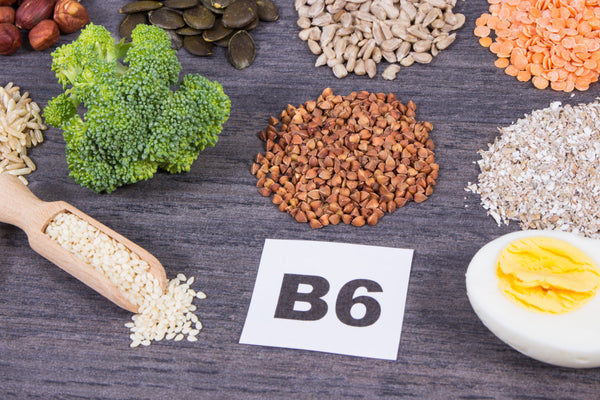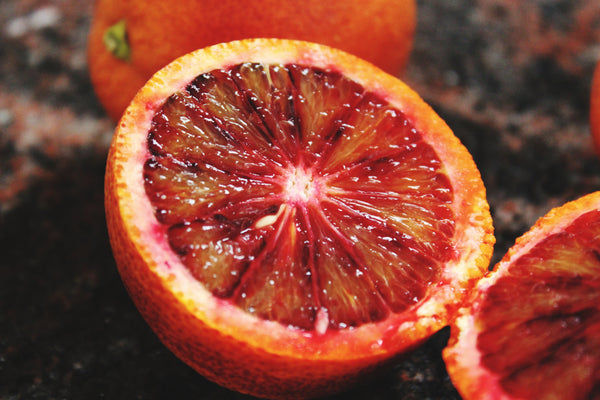
Excess Iron: What Impact Does It Have On Babies?

While iron deficiency is more common in infancy, excess iron in babies is also very likely, especially if receiving supplements or having genetic problems.
Babies are usually born with enough iron up to four or six months of age, but then they need it from complementary foods.
Read: 4 Ways to Overcome Iron Deficiency in Babies, Let's Try it!
The Impact of Excess Iron on Babies
Then, what is the impact of excess iron on the baby? Check out the explanation below!
1. Baby's Iron Needs
The Stanford Children's Health page states that newborns up to 6 months of age need at least 0.27 milligrams of iron per day. Where these needs can generally already be met through exclusive breastfeeding.
When aged 7 - 12 months, babies should get more iron, which is about 11 milligrams per day that can be obtained from complementary solid foods (complementary foods).
2. Excess Iron Due to Supplementation
One of the most common causes of excess iron in babies is the administration of supplements that do not match the prescription or dosage. According to a study published American Academy of Pediatrics (AAP), excess iron in babies due to supplementation can cause toxicity with symptoms such as nausea, vomiting, diarrhea or constipation, dark-colored stools, and severe abdominal pain.
If excess iron still continues, the impact can become more severe such as causing bleeding, hypoglycemia to death.
3. Excess Iron Due to Genetic Disorders
In addition to supplementation, excess iron in babies can also be caused by a genetic disorder called hemochromatosis.
"Hemochromatosis is an inherited condition, resulting in too much iron being stored in the body," said Dr. Sara Trompeter, Consultant Hematologist, and Pediatric Hematologist at University College London Hospitals and NHS Blood and Transplant, as quoted from BHF.org.uk.
"Our body can't get rid of excess iron, so that excess iron will be stored in the organs, especially days. But it can get into the heart, pancreas, and other organs at a more severe level."
The symptoms of hemochromatosis in infants, as quoted from children's Hospital of Pittsburgh, are as follows:
- Swelling of the liver
- Cirrhosis of the liver
- Abdominal pain
- Skin discoloration (grayish or brown)
- Edema or swelling caused by the accumulation of fluid in the body
- Heart failure
- Diabetes
- Weak or weary
Neonatal hemochromatosis is a very rare condition. However, experts speculate that many babies who die shortly after birth may suffer from this genetic disorder.
Preventing Excess Iron in Babies
One way to prevent excess iron substances in infancy is not to give supplements that do not match the prescription or dosage. In addition, according to studies in the journal Pedicatrics Child Health, iron supplements do not need to be given to babies who get exclusive breastfeeding or formula milk enriched with iron.
Instead of taking supplements, in the study, it was suggested that babies who had already received complimentary food eat iron-containing foods such as beef, lamb, liver, chicken, turkey, fish, eggs, iron-fortified cereals, wholemeal bread, pasta, rice, beans (lentils, peas), green beans, spinach, broccoli, and Brussels sprouts.
Meeting the nutritional and nutritional needs of babies is indeed very important to support their growth and development. However, do not let it be less or even excessive.
Moreover, excess iron in babies can cause an impact as mentioned above. In addition, do not forget to consult a doctor before giving any supplements to the Little One.





